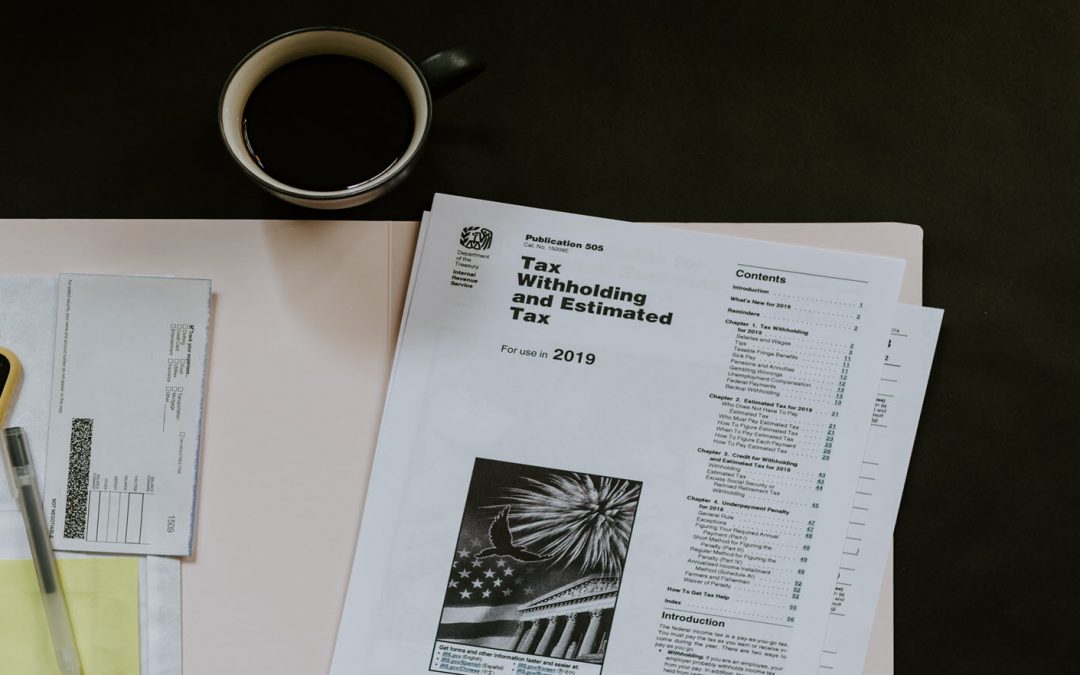The following will describe in detail how the United States (U.S.) tax law also known as the IRC (Internal Revenue Code) or Code defines a withholding agent. I’ll provide information on the definition of a withholding agent, and what role and responsibilities are assigned to them.
How the IRS Defines a Withholding Agent
IRC 1473(4) and 1.1473-1(d), define a withholding agent as any person in whatever capacity having control, receipt, custody, disposal, or payment of any item of income of a foreign person that is subject to withholding. In the eyes of the U.S. federal tax authorities, a person is considered to have custody of, or control over a distribution of funds or income, if a person is the one who ultimately has the authority to release the funds or income. If such person does not properly withhold the correct amount of tax they will be subject to pay the tax not withheld.
How the IRS Defines a Non-Resident Alien
A non-resident alien (NRA) is a person who is not a U.S. citizen.
A NRA is not a person who has the legal right to permanently reside within the U.S. (a green card holder), and not a person who has resided or been in the U.S. for more than 183 days or an average of 121 days a year for the prior three years.
These persons are foreigners for U.S. income tax purposes and therefore they are not subject to U.S. income tax unless they derive income from sources within the U.S. such as dividends, rents, royalties, business income or income and gains from real property located within the U.S. If this is the case, then the person who is deemed to be the withholding agent must ensure that the appropriate tax is withheld and submitted to the U.S. tax authorities.
In other words, a foreign person who is considered a nonresident under the U.S. tax code is subject to thirty percent tax withholding on U.S source income unless a double tax treaty (e.g., income tax treaty) between the U.S. and the country of residence of the foreign person says otherwise.
Therefore, thee withholding agent is legally liable to withhold tax payments before the distribution. The IRS can demand payment from the agent if the tax was not withheld.
When a foreign person tries to open a bank or investment account, and the foreign financial institution (FFI) and U.S. financial institutions see that the foreign person might have a U.S. connection of almost any kind, (even a U.S. care-of address will be sufficient) they will request the foreign person complete and submit U.S. forms W-8BEN-E, W-8ECI, W-8IMY, W-8EXP. If the financial institution does request or attain the form submissions, the U.S. tax authorities (and sometimes the U.S. Department of Justice) can impose penalties or decline a FFI’s ability to use the U.S. financial markets. They can also choose to prosecute the institution for violation of U.S. law.
Depending on the relationship of the investor and investment, the financial institution itself may be considered the withholding agent and therefore subject to ensuring proper U.S. tax withholding. The aforementioned W8 forms will be an indication for the foreign financial institution what tax, if any should be withheld from the account holder and if the FATCA rules (Foreign Account Tax Compliance Act) may apply to the account holder. (See our FATCA blogpost here.)
Since the enactment of FATCA, most foreign and U.S. financial institutions follow procedural due diligence and ongoing monitoring when opening accounts for U.S. and foreign persons. The withholding agent monitors income from U.S.-sourced interest, dividends, rents, royalties, services, or wages. They calculate the tax is required to be withheld and ensure and that the appropriate amount is withheld to avoid penalties or more severe action.
In addition, to withholding the appropriate tax, withholding agents are required to file a Form 1042 (Annual Withholding Tax Return for U.S. Source Income of Foreign Person) and submit the tax to the U.S. taxing authorities. Note: If there is a failure to provide correct statements to recipients and reasonable cause cannot be shown, a penalty of up to $260 may be imposed for each failure to furnish Form 1042-S when due. A penalty may also be imposed for failure to include all required information or for furnishing incorrect information on Form 1042-S. The maximum penalty is $3,218,500 for all failures to furnish correct recipient statements during a calendar year.
Special rules apply for withholding agents in determining whether a flow-through entity (trust estate, or partnership) must treat a payment of U.S. source FDAP income to the to the beneficiaries or partners as taxable. In the case of partnerships, simple trusts, complex trusts, and estates, rules similar to the rules that apply when determining withholding under IRS rules Chapter 3 (income tax withholding) apply.
There are many exceptions that apply in the calculation of withholding payments to the IRS. The requirements are very complex and should be discussed with your tax advisers. IWTA is more than happy to assist with your international tax consulting and computation needs. Click here to contact us.




